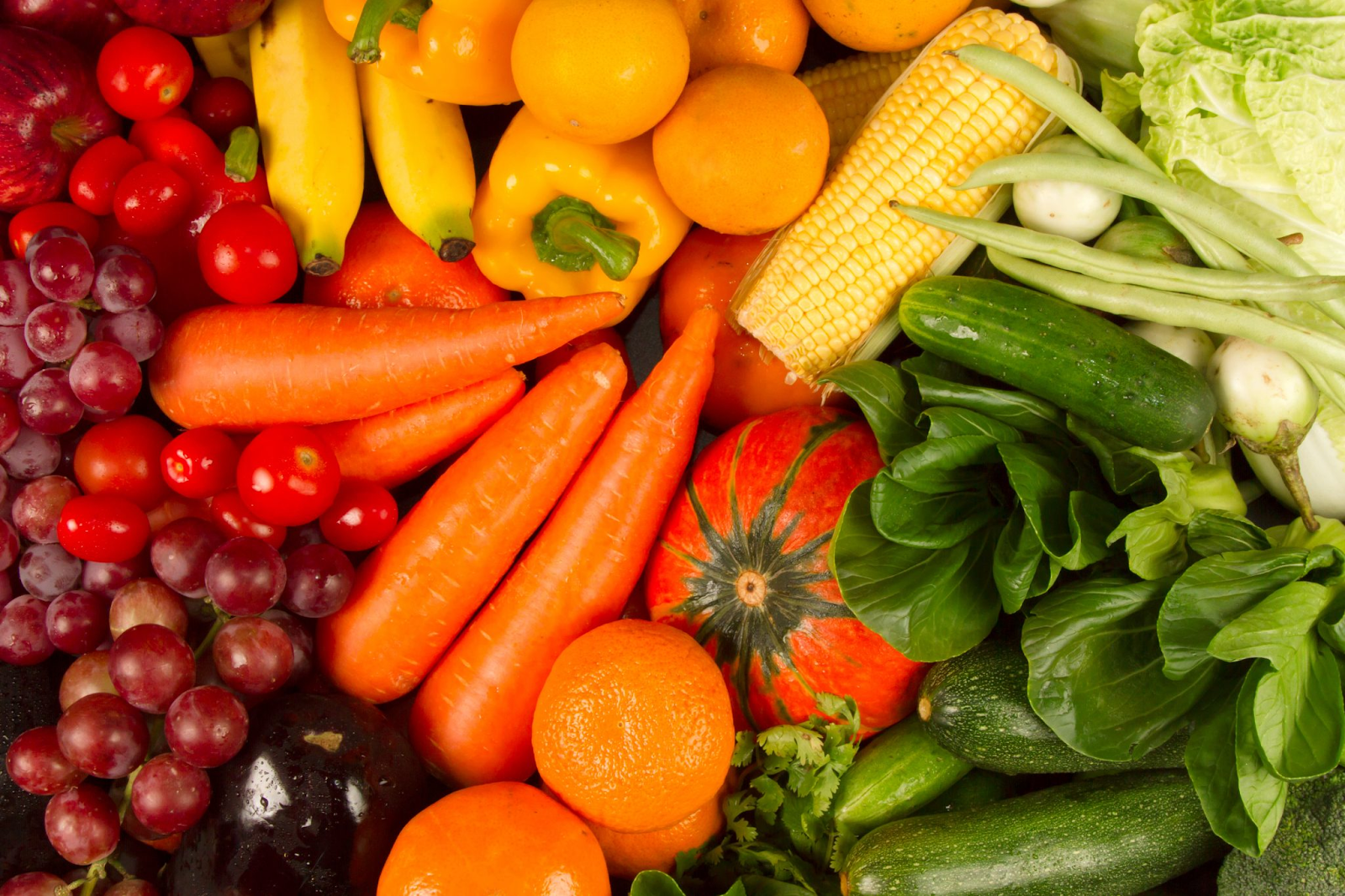Genetically modified (GM) crops solve potential problems that range from food shortage to waste to climate change and pests. These include crops designed to resist insect pests, diseases, and even harsh climatic conditions, to mention but a few; GM corn and cotton, for instance, have developed natural insects-toxins aimed at specific target pests, while drought-resistant crops, such as GM corn and soybeans, are bringing farmer relief to water-scarce areas of the world where water is unavailable or inadequate. These crops offer the means for farmers to produce more food while reducing the application of harmful pesticides, which makes farming more predictable for production, particularly with the dreaded occurrence of climate change. By and large, they may be instrumental in availing food for the world's burgeoning human population.
There are concerns over the environment the GMOs might crossbreed with wild plants, herbicide or insect-resistant weeds, and thus become harder to control and eliminate. There are also concerns about their health safety, despite the general consensus of safety from studies that have been carried out on GM food products. Also, there is a control of the technology that produces GMOs by a handful of massive companies holding a monopoly, which means that smallfolk would either find them too expensive or find it difficult to access them. However, this provides a huge opening for food production, which GM crops could fill; it just needs caution and more research and regulations to ensure safety and fairness to the public.

No comments:
Post a Comment